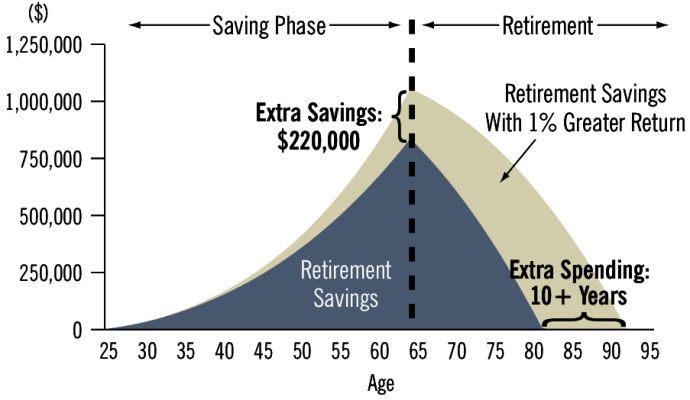PeteW
Dryer sheet wannabe
Hi,
First I have to admit to really struggling to get my head around managing our retirement investment accounts.
For years we have used a financial broker/adviser He was with Olde, back in the early 90's and now he's with Wells Fargo (as are we). My frustration is that we have many different equities in the form of numerous individual stocks and ETFs, some bonds and some cash. Altogether this portion of our investments are worth about 900K+. We have several accounts including two SEP IRAs and a couple of after taxes accounts. Our frustration comes from the fact that we don't really have a clear idea of what earnings we are seeing and what our true management fees are.
When ever we try and have a meaningful conversation with our broker/adviser it ends with us feeling no wiser than before we began. Whether it's intentional or not he never fully explains anything in a way that gives us some kind of tangible information. I'm turning here for some help.
Here are a couple of questions I'd like for him to provide straight answers to and hopefully show me how I can personally determine how they were arrived at.
I'm including 2011 because it is the most recent fully concluded year. I'd appreciate help and suggestions regarding these questions and any others that you feel are pertinent. I hope this is not to vague, if it is please tell me what you need.
Pete
First I have to admit to really struggling to get my head around managing our retirement investment accounts.
For years we have used a financial broker/adviser He was with Olde, back in the early 90's and now he's with Wells Fargo (as are we). My frustration is that we have many different equities in the form of numerous individual stocks and ETFs, some bonds and some cash. Altogether this portion of our investments are worth about 900K+. We have several accounts including two SEP IRAs and a couple of after taxes accounts. Our frustration comes from the fact that we don't really have a clear idea of what earnings we are seeing and what our true management fees are.
When ever we try and have a meaningful conversation with our broker/adviser it ends with us feeling no wiser than before we began. Whether it's intentional or not he never fully explains anything in a way that gives us some kind of tangible information. I'm turning here for some help.
Here are a couple of questions I'd like for him to provide straight answers to and hopefully show me how I can personally determine how they were arrived at.
- What was our percentage and dollars of earnings for 2011 and also to date for 2012?
- What is the exact percentage and dollar amount of our combined management fees for 2011 and to date for 2012?
I'm including 2011 because it is the most recent fully concluded year. I'd appreciate help and suggestions regarding these questions and any others that you feel are pertinent. I hope this is not to vague, if it is please tell me what you need.
Pete

